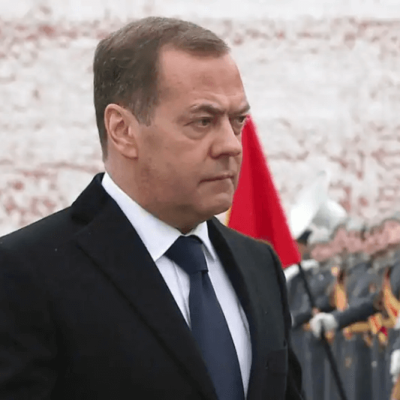Unraveling the Dynamics: Ukraine’s Quest for Missiles Post-Germany’s Helicopter Promise

In the complex landscape of international relations, the recent developments surrounding Germany’s commitment to supply military helicopters to Ukraine and Ukraine’s renewed request for Taurus missiles have ignited discussions and geopolitical analyses. We delve into the intricacies of these events and the implications they bear on the ongoing conflict.
Germany’s Pledge: Helicopters as a Strategic Move
Germany’s decision to provide Ukraine with six combat helicopters, along with crucial accessories, spare parts, and training, marks a significant shift in Berlin’s stance. The Sea King Mk41 multipurpose helicopters, praised by German Defense Minister Boris Pistorius, bring a new dimension to Ukraine’s defense capabilities. Their versatility, from reconnaissance over the Black Sea to troop transportation, positions them as valuable assets in the Ukrainian arsenal.
Acknowledging the Sea King as a proven and robust helicopter, Pistorius emphasizes its potential in various operational areas. The helicopters, originally deployed for sea rescues over the North Sea and Baltic Sea, represent Germany’s commitment to supporting Ukraine in multifaceted scenarios. The announcement underscores a collaborative effort to bolster Ukraine’s defense infrastructure.
Ukraine’s Persistent Appeal for Taurus Missiles
Simultaneously, Ukraine’s plea for Taurus missiles resurfaces, highlighting the nation’s strategic considerations. Foreign Minister Dmytro Kuleba clarified that the missiles are not intended for aggression against Russian territory but rather as a deterrent against Russian military infrastructure on occupied Ukrainian land. The nuanced diplomatic exchange reveals the delicate balance Ukraine aims to strike in leveraging military capabilities without escalating tensions.
Addressing Concerns
Chancellor Olaf Scholz’s hesitancy to supply Taurus missiles stems from fears of potential escalation in Russo-Ukrainian tensions. While Ukraine emphasizes the defensive utility of these missiles, Germany treads cautiously, cognizant of the delicate geopolitical equilibrium. The rejection of the missile supply motion by Scholz’s coalition underscores the complexities involved in balancing diplomatic relations and military support.
Implications for the Ongoing Conflict
As the war in Ukraine reaches an impasse, these recent developments add layers of complexity to the geopolitical landscape. The divergence in perspectives between Germany and Ukraine regarding the necessity and potential consequences of Taurus missile deployment underscores the challenges in aligning international interests.
Analyzing the Stalemate
The rejection of the motion for Taurus missiles and the approval of helicopter delivery reveal the intricate negotiations and differing risk perceptions among nations involved. Germany’s willingness to provide helicopters, a tangible yet less escalatory form of support, contrasts with the cautious approach toward long-range missiles.
Looking Ahead: Ramifications and Future Scenarios
As Ukraine’s supporters convene in the Ramstein format for advisory talks, the geopolitical chessboard continues to evolve. The decisions made in the coming weeks will undoubtedly shape the trajectory of the conflict. The reassessment of disqualifications and potential shifts in Germany’s stance may further influence the dynamics between Ukraine and its allies.
Beyond the immediate military aid, these developments highlight the broader context of international alliances and the intricate dance of diplomacy during times of crisis. The geopolitical repercussions extend far beyond the specific arms requested, reflecting the interconnectedness of nations in addressing global conflicts.
Conclusion: Navigating Uncharted Waters
In navigating the complex waters of international relations, the interplay between military aid, diplomatic maneuvers, and geopolitical considerations shapes the trajectory of conflicts. The dichotomy between helicopter support and missile hesitancy encapsulates the delicate balance nations must strike in supporting allies without inadvertently escalating hostilities.





